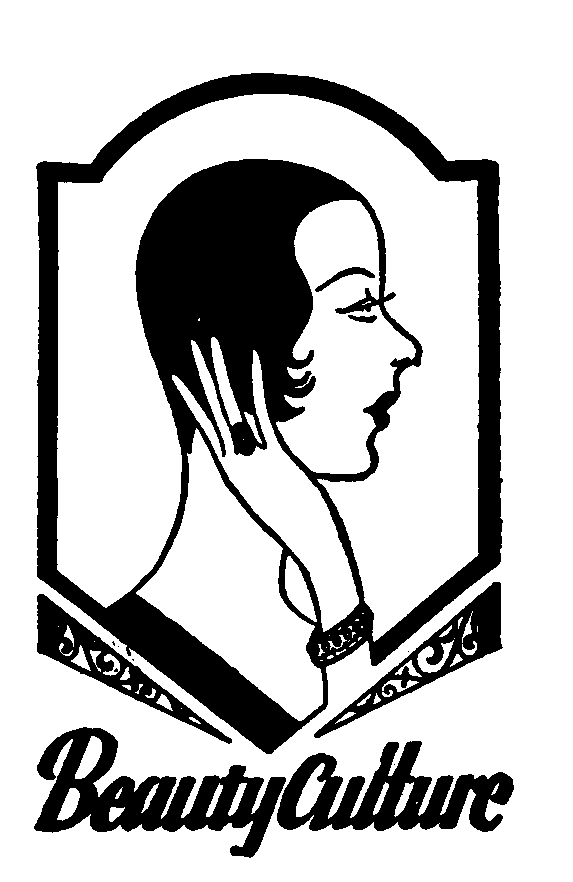
ALL THAT ZAZZ
By Mary N. DiZazzo

Cleanliness is Next to Godliness.
Ciao bella,
What really is soap? What is it made of? How is it made? And with what kind of ingredients?
Surprisingly, few people could answer these questions. Many soap bars that you purchase at the store and keep in the shower or bath, for example, are detergents –not soap at all.
Soaps, unlike detergents, are specially produced by using vegetable oils or animal fats. This process is know as saponification. Alternatively, detergents contain petroleum distillates instead of a choice of quality blended oils.
Especially entrepreneurial companies choose high-end quality ingredients to produce a personalized and individualized kind of soap therapy.
Soaps can be made with a cold process which takes several days. The kettle method is a boiling process. The most popular production for today’s commercial soaps is what is known as the continuous process, which enables the manufacturer to produce large quantities. This method permits raw ingredients to be added continuously to one end of a high temperature vat, while soap is continuously removed from the other. This continuous process also makes it possible to use low-grade fats, oils with poor quality, and artificial additives –quantity with no quality.
Check your labels ladies! Now is a good time to invest in a consumers guide to natural and synthetic ingredients. Or maybe you might be interested in taking a soap-making class. There’s a wonderful teacher, Stephanie L. Larason at the Boston Center for Adult Education who is a master at soap-making. She’ll take you through your adventure step by step. You’ll learn about how certain ingredients make soap a high quality product.
For instance, using coconut oil makes plenty of creamy lather but tends to dry the skin. Olive oil lathers readily, is quite mild, long lasting, and is considered of very high quality.
Using honey as an additive in a hand-milled soap is a wonderful emollient. Unbrewed coffee grounds absorb odors from the skin. Ginger when used sparingly –and in ground form only—warms the skin. Wheat germ, as an oil derived from the inner germ of the wheat kernel, has proved to be an excellent emollient and mildly abrasive to the skin.
More on soap ingredients in a future column…
Successfully, I have sold, in my salon an olive oil soap. Made with purity, there are no artificial ingredients, preservatives, or fragrance. This Australian-born company developed this olive oil soap from an idea of a dad whose son developed terrible eczema. Great for flaky skin and scalp ailment. The bars come in four combinations. The wheat germ and honey being the least fragrant. To order or to chat about these products just buzz me.
Have you missed any of my columns in the Post-Gazette? Read prior weeks' "All That Zazz" columns on my website www.mary4nails.com.
Buona giornata.
--Mary.
[Mary DiZazzo is a third-generation cosmetologist and owner/operator of Mary for Nails, etc. natural nailcare salon in Andover, Mass.and may be contacted at (978) 470-8183. She also sees select clients by appointment in Boston at (617) 742-6881.]